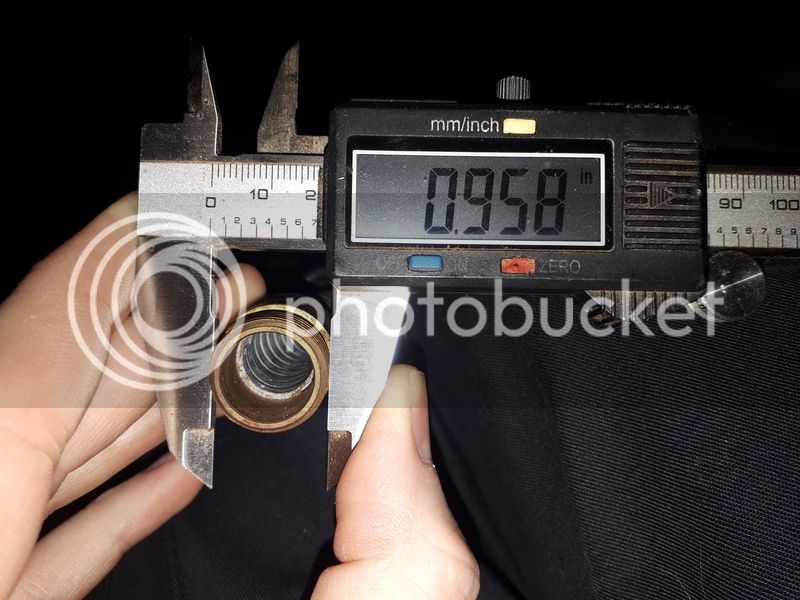Covert
Member
So in wiring up my myford to actually run forwards and backwards I'm using the original metal corrugated tubes to get the wires from the front to the back of the stand . But I need some nuts for them .
Measured the thread and it comes up at 16g Whitworth. And then in very small writing 3/8 .
Silly question but if I buy some 3/8 Whitworth half nuts will these fit ?
Thanks for the help
Mark
Measured the thread and it comes up at 16g Whitworth. And then in very small writing 3/8 .
Silly question but if I buy some 3/8 Whitworth half nuts will these fit ?
Thanks for the help
Mark


































